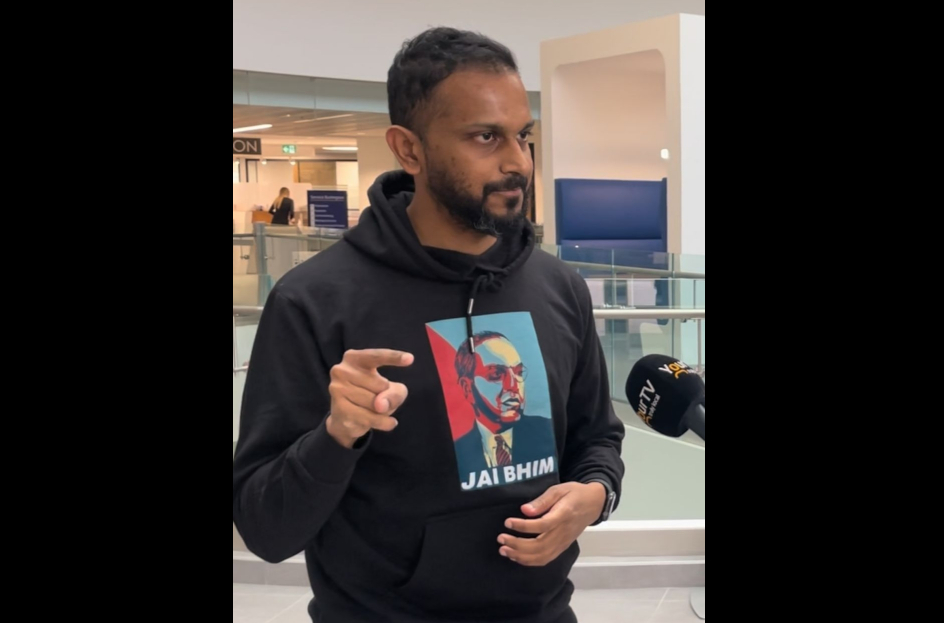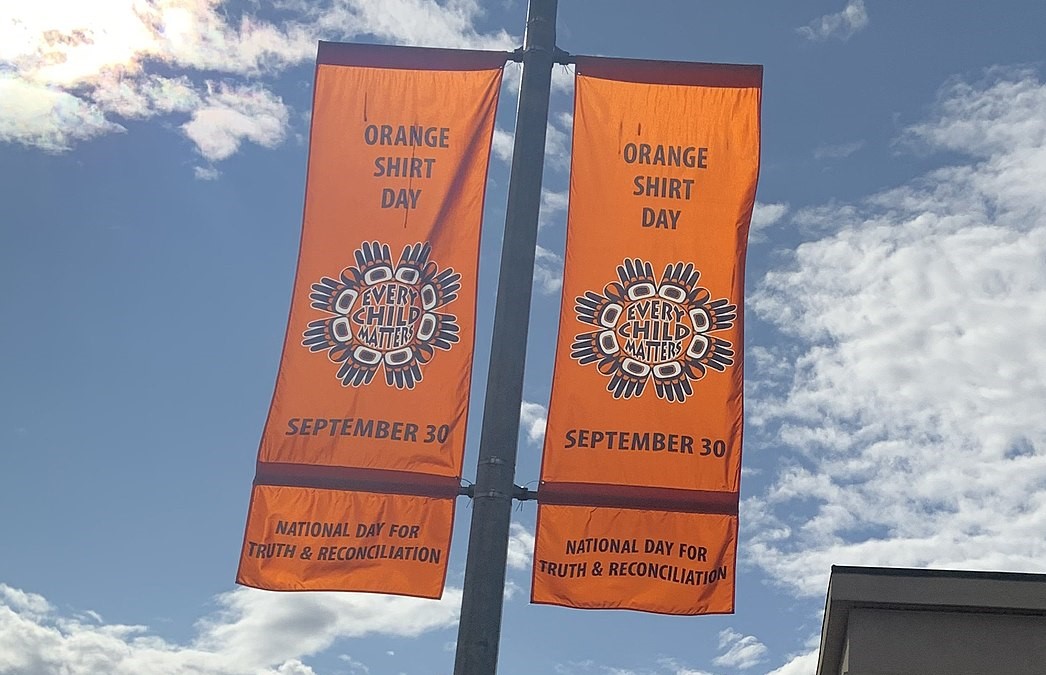By Vikrant Wakode
As the world observes Dalit History Month, it is imperative to delve into the intricate tapestry of diverse experiences that shape the narratives of Dalits, also known as Bahujans and Moolnivasis. For centuries, these communities have endured systemic oppression, discrimination, and marginalization based on their caste identity within the Hindu social hierarchy.
Embedded within the folds of Indian society, Dalits have been relegated to the margins, seen as symbols of poverty, impurity, and helplessness by the dominant privileged castes, known as Savarnas. Despite the advent of modernity and legislative measures aimed at abolishing untouchability, the stench of caste-based discrimination still permeates through various facets of society, albeit in subtle and insidious forms — no matter their wealth or achievements. The indignities suffered by Dalits were once so profound that they were forced to carry brooms to wipe away their footsteps and clay pots to catch their spit, symbols of their supposed untouchability. Though legislation was passed in 1955 to abolish untouchability, the reality remains starkly different. Discrimination against Dalits persists.
My journey of self-discovery began in the confines of a classroom in India, where I was confronted with the harsh realities of caste-based prejudices. I vividly recall an incident from my school days when a history teacher, in a derogatory tone, claimed that “SCs” (Scheduled Castes) and “STs” (Scheduled Tribes) don’t need to study much, as they can gain admission to any college they want due to reservations (affirmative actions). This encounter sparked a curiosity within me to uncover the truth behind these labels and the systemic discrimination faced by Dalits in India.
Conversations with my father, a government official, further illuminated the complexities of reservations and the deeply ingrained prejudices that persist within Indian society. Reservations, intended to provide opportunities for historically marginalized communities, are often met with resistance from the upper castes who perceive them as threats to their privileged positions. Yet, for Dalits who have endured centuries of oppression, reservations represent a small step towards achieving equality and adequate representation in education and public sectors.
The revelation of my own Dalit identity, juxtaposed with societal misconceptions, ignited a fire within me to explore the depths of caste-based prejudices. I was taught from a young age that success depended on education and effort, yet my history teacher challenged this belief by suggesting that SCs and STs didn’t need to study as hard to gain admission to top universities. That’s when I realized that despite one’s ambitions and efforts, those from privileged castes often seek to undermine the aspirations of Dalits, fearing competition from what they historically deemed as ‘lower’ castes.
This dichotomy of beliefs left me grappling with conflicting emotions. I realized that for Dalits, education is not just a means of individual advancement, but a tool for collective liberation from the shackles of caste-based discrimination. Yet, the path to education is fraught with obstacles, from societal stigma to systemic barriers that hinder access to quality education and opportunities.
The struggle for Dalit rights in India is an ongoing battle against entrenched prejudices and structural inequalities. It requires not only legal reforms but also a fundamental shift in societal attitudes towards caste.
As I delved deeper into Dalit history, I uncovered stories of resilience and resistance, often overshadowed by the dominant narratives of the intense violence of the privileged. The brutal Khairlanji massacre serves as a stark reminder of the pervasive casteism that still plagues our society. On September 29, 2006, an upper caste mob forced a Dalit woman and her 17-year-old daughter to walk naked through their village before, gang-raping and killing them. The woman’s two sons, aged 19 and 21, were also murdered and their bodies were dumped in a canal.
Reflecting on the Khairlanji massacre still sends shivers down my spine and I feel goosebumps rise on my skin, even now.
Yet, amidst the darkness, Dalit History Month emerges as a ray of hope, a platform for celebration, and reflection. It offers an opportunity to reclaim our narratives, to honour our heroes, and reaffirm our commitment to Dr. Ambedkar’s vision of “Educate, Organize, Agitate.” Through food, art, lectures, and exhibitions, we honor those who paved the way for our liberation.
As we celebrate and amplify Dalit History Month and the broader struggle for equality, the role of allies comes into sharp focus. True allyship is foundational to the success of any movement aimed at dismantling systemic oppression. However, for those who seek to stand in solidarity with the Dalit community, it is crucial to approach allyship with humility and a genuine willingness to learn and support, rather than lead. The path to becoming an effective ally begins with self-education.
In the age of information, resources are abundantly available for those who seek to understand the Dalit experience and the structural inequities of the caste system. By educating oneself, an ally not only lightens the load on Dalit individuals but also gains a deeper, more nuanced understanding of the issues at hand. This informed perspective is invaluable when advocating for change and supporting the Dalit movement. Allyship also involves listening to and amplifying Dalit voices, recognizing and challenging caste-based privileges in oneself and in society, and supporting Dalit-led initiatives without seeking to take over. It means standing in solidarity with the Dalit community during both moments of celebration and periods of struggle, recognizing that the fight against caste discrimination is ongoing and multifaceted
In commemorating Dalit History Month, we reaffirm our commitment to challenging caste-based discrimination and building a more inclusive future. It is a time to reflect, educate, and unite in the pursuit of justice and equality for all.
Atta Deepa Bhava (Be your own light.)
Jai Bhim!





